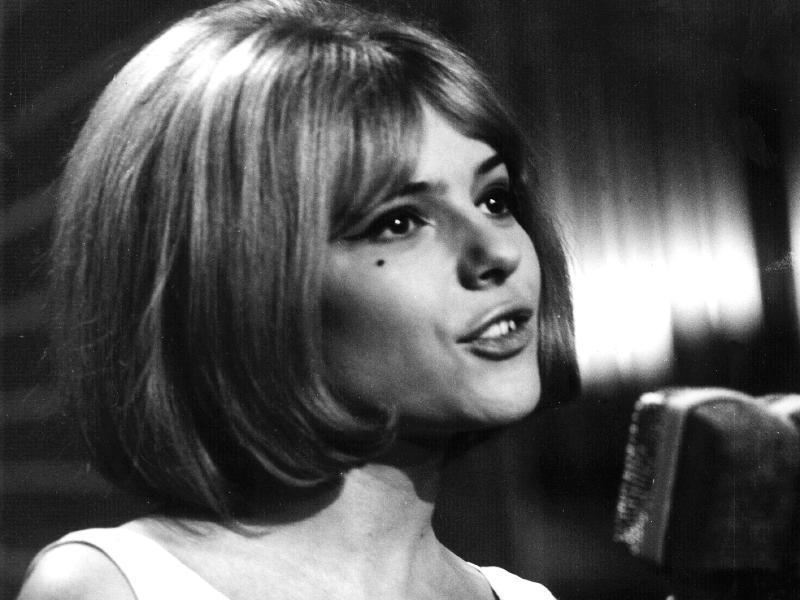Sometimes we’re not aware of the incredible cultural weight that the Eurovision Song Contest has, or has had through the years; nowadays, the biggest music show on the planet is seen by many as a silly camp fest that only the Nordics take seriously, or as an exercise of good-neighbor politics from post-Soviet nations, but in reality, the contest remains an important point of reference for the state of Pop music in the continent, and most importantly, a great way to measure the relations between the European countries. Of course, the first two ESC decades are a golden age for popular music, and the big stage introduced us to some of the greatest songs and artists of the 20th Century; numbers like “Nel Blu Dipinto di Blu” by Domenico Modugno (third place in 1958) and Sandie Shaw‘s “Puppet on a string” (1967 winner) became part of the global songbook, and let’s not forget that ESC built the careers of ABBA and Celine Dion, two musical figures that have helped define what International pop is.
But for most of its early run, Eurovision was a francophone affair. With the participation of France, Monaco, Switzerland, Belgium, and Luxembourg, the French language had 5 shots at winning, and the continent-wide exposure prompted everyone in the French music industry to try their luck on the show. Composer/mastermind Serge Gainsbourg, already an established figure in chanson, took this great shot at greatness via France Gall, a remarkably young, beautiful, charismatic singer that had already given him a national hit with the bratty “Laisse Tomber Les Filles”. This time, he would take a grander, more ambitious turn: A serious, more carefully constructed composition, with a lush string arrangement inspired by the 4th movement of Beethoven’s “Piano Sonata #1”. “Poupée de cire, poupée de son” is a perfect marriage of lowbrow and highbrow sounds, sonically complex but always faithful to the nature of baby-pop, and most importantly, so witty and self-referential it borders of self-parody.
As it is usual with Gainsbourg songs, the lyrics are loaded with double entendres and hidden meanings; Gall herself mentioned that, at the time, she was too young and naïve to grasp these nuances, which is essential to the track’s resonance. The words “poupée de son” can mean both “rag doll” and “sound doll”, and the way the song plays on these two concepts works as a commentary, not only on the relationship between Gall and Gainsbourg (the singer as a puppet, as a mere vehicle for the composer’s vision) but on the state of Pop in general. It was also tremendously refreshing that this was quite the up-tempo number; for the last few years, the contest was dominated by ballads or more traditional offerings, and 1965 was no exception, but this booming, youthful number completely subverted the format. Luxembourg’s entry was an anomaly. That’s why it ended up conquering Europe.
“Poupée de cire, poupée de son” marked an important milestone in Eurovision history; that night in Naples, the contest finally shifted from square to hip, and France Gall’s win brought teenagers and young adults into the show. It also helped define the kind of songs that would go on to not only participate in the contest but to become continental chart-toppers as well, creating a world of possibilities for up-and-coming songwriters, producers, and performers. For millions of music fans around the globe, this song was their first exposure to music sung in French, and it served as a perfect entry point into the ye-yé/chanson universe. They say you can measure the greatness of a song by its different versions, and “Poupée de cire, poupée de son” has been covered by pretty much everyone, from indie darlings Arcade Fire to Swedish symphonic metal band Therion, and in virtually every major language. Every version I’ve heard keeps the bite and the catchiness of the original. It is POP at its finest.





